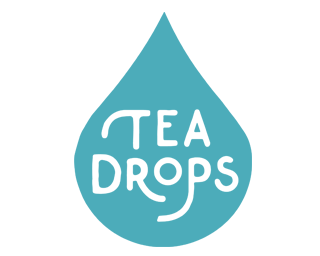Know your Macronutrients: Carbohydrates: Is it Good or Bad?
May 6, 2019There is so much conflicting info on carbohydrates. You will see one article on the Internet that a no- carb diet (like Keto) is great! You would tell your friends you are trying keto, and they tell you that you need carbs as fuel. So now what do you think?

What is a Carb?
Carbohydrates are molecules that have carbon, hydrogen and oxygen atoms. In nutrition, “carbs” refers to as one of the three macronutrients. The other two are protein and fat.
Dietary carbohydrates can be split into three main categories:
• Sugars: Sweet, short-chain carbohydrates found in foods. Examples are glucose, fructose, galactose, and sucrose.
• Starches: Long chains of glucose molecules, which eventually get broken down into glucose in the digestive system.
• Fiber: Humans cannot digest fiber, although the bacteria in the digestive system can make use of some of them.
The main purpose of carbohydrates in the diet is to provide energy. Most carbs get broken down or transformed into glucose, which can be used as energy. Carbs can also be turned into fat (stored energy) for later use.
Fiber is an exception. The bacteria in the GI system can use the fiber to produce fatty acids that some of our cells can use as energy.
So, yes we need carbs to feel our daily needs. They provide the quickest source of energy for our body. But let me tell you this- there are essential fats and essential amino acids (protein), the other two macronutrients. They are ZERO essential carbohydrates. Carbohydrates are great… in moderation, like most things in life. Unless you are training like Lebron James, Serena Williams, or other athletes that need that sustained, explosive energy, then you probably cut some carb out of your diet. The weakness is that carbohydrates are so convenient on the go and so versatile in cooking. For individuals that have a lot too lose, I would recommend a diet change in progressively and quite aggressively cutting carbs. Consulting with a registered dietician is needed for expert advice and directions.
If you must, you can have these in limited amounts on your cheat meal. What you do see are lean proteins, lots of fresh vegetables and some fruits, and healthy fats. A change in diet can help reset your metabolism, hormones, and palate. The fewer carbohydrates you eat, the lower your insulin levels and the more weight you will lose. This is particularly important for anyone who is diabetic or prone to diabetes. The harsh truth is that our metabolism drops as we age. We can’t eat like we are in our golden years of high school. Unless you sustain adequate muscle mass, we have to adjust our diet to our metabolic needs.
Are Carbs Bad?
No! (Not all) We use carbohydrates as energy, but too much energy in vs too little energy out gets stored as fat. Our body needs a certain amount of energy every day to function but if we take in too much we gain weight. Sometimes, changing your mindset to quality over quantity can be key! If you feel like you are still hungry from cutting your carbs, try to adjust your diet to eating more vegetables! Most vegetables are free sources of calories. Let’s be honest, we all could use a little more veggies in our life!
Some foods to Avoid
• Sugar: Soft drinks, fruit juices, agave, candy, ice cream and many other products that contain added sugar.
• Refined grains: Wheat, rice, barley, and rye, as well as bread, cereal, and pasta. Anything white- white pasta, bread, rice. They are devoid of good micronutrients and get absorbed quickly.
• Trans fats: Hydrogenated or partially hydrogenated oils. (We will talk about Fats another day)
• Diet and low-fat products: Many dairy products, cereals or crackers are fat-reduced but contain added sugar. Fact, the population got more obese when low-fat products were introduced in the 70s.
• Highly processed foods: If it looks like it was made in a factory, don’t eat it. If you cannot pronounce an ingredient or know what it is… don’t eat it.
• Starchy vegetables: It’s best to limit starchy vegetables in your diet if you’re following a very low-carb diet because they are dense in carbs.





